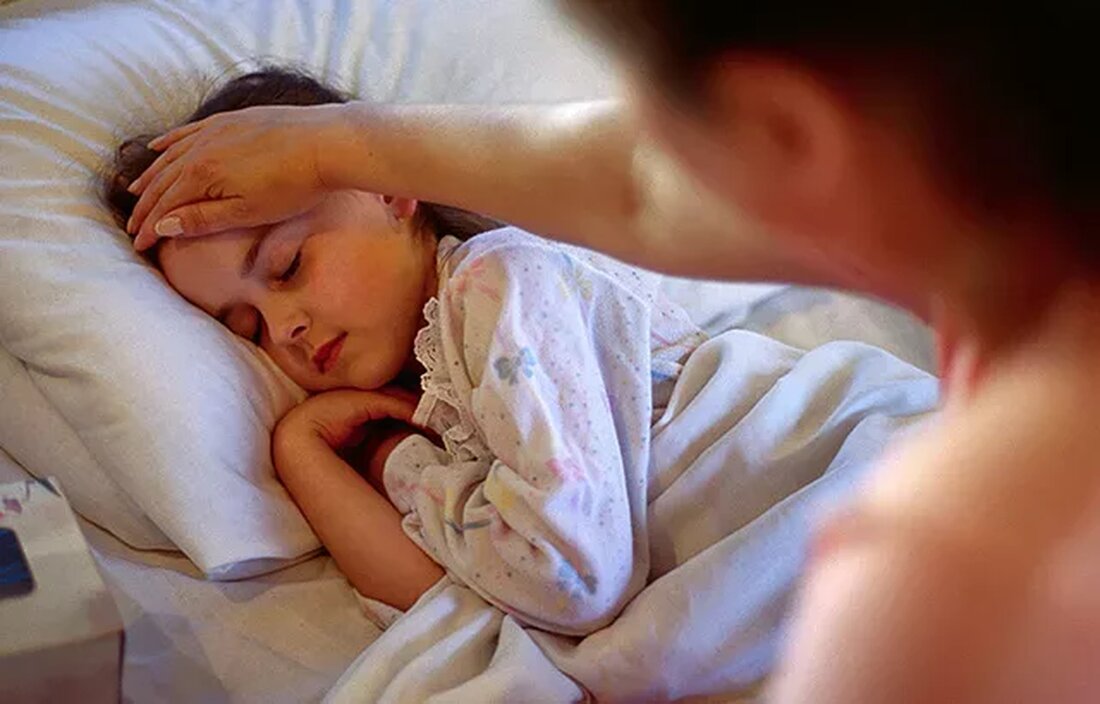Sleep disturbances in children associated with later psychosocial and academic functioning
Whether children have persistent sleep problems from birth through childhood or only develop sleep problems when they start school, a new study by researchers at the Children's Hospital of Philadelphia (CHOP) has found that sleep problems are associated with decreased well-being at any age, starting from the time children are 10 or 11 years old. The findings, published in the Journal of Child Psychology and Psychiatry, suggest that healthcare providers should screen children of all ages for sleep problems and intervene early if a sleep problem is identified. Sleep problems at any age are associated with reduced well-being when children are 10 or 11...

Sleep disturbances in children associated with later psychosocial and academic functioning
Whether children have persistent sleep problems from birth through childhood or only develop sleep problems when they start school, a new study by researchers at the Children's Hospital of Philadelphia (CHOP) has found that sleep problems are associated with decreased well-being at any age, starting from the time children are 10 or 11 years old. The findings, published in the Journal of Child Psychology and Psychiatry, suggest that healthcare providers should screen children of all ages for sleep problems and intervene early if a sleep problem is identified.
Sleep problems at any age are associated with reduced well-being when children are 10 or 11 years old
"Our study shows that while people with persistent sleep problems have the greatest impact on children's overall well-being, people with mild sleep problems also experience some psychosocial impairments over time," said Dr. Ariel A. Williamson, a psychologist in the Sleep Center and a faculty member at PolicyLab and the Center for Pediatric Clinical Effectiveness at CHOP. “The spectrum of academic and psychosocial impairments in middle childhood demonstrates the importance of consistently screening for sleep problems as a child develops, particularly to address children who experience persistent sleep problems over time.”
Data come from an Australian birth cohort of more than 5,000 patients
The researchers examined data from an Australian birth cohort of more than 5,000 patients. Caregivers reported whether their children had sleep problems at multiple points from birth to age 10 or 11. To assess children's well-being, which included psychosocial measures such as self-control and measures measuring emotional/behavioral health and academic performance, researchers used a combination of caregiver and teacher reports as well as assessments completed by children.
The researchers found five different sleep problem pathways
Analyzing caregiver-reported sleep behavior, researchers found five distinct sleep problem trajectories or patterns that characterized children's sleep problems over time: persistent sleep problems into middle childhood (7.7%), limited infant/preschool sleep problems (9.0%), increased sleep problems in middle childhood (17.0%), mild Sleep problems over time (14.4%) and no sleep problems (51.9%).
Using people without sleep problems as a benchmark, researchers found that children with persistent sleep problems had the greatest impairments across all outcomes, except for their cognition skills. Children with increased sleep problems in middle childhood also had greater psychosocial problems and poorer quality of life, but did not achieve lower academic achievement scores. Children with limited infant/preschool sleep problems or mild increases in sleep problems over time also demonstrated psychosocial impairments and had poorer caregiver-reported quality of life, but the effects were smaller than the other sleep trajectories.
The researchers raise the possibility that the relationship could be bidirectional for certain trajectories
While the researchers found impairments in relation to all trajectories of sleep problems, they note the possibility that the relationship may be bidirectional for certain trajectories - that is, psychosocial problems such as anxiety can lead to sleep problems and vice versa, particularly in children who develop sleep problems later in childhood.
"Although this study cannot answer whether minor, early or persistent sleep problems represent a marker for the onset of behavioral health or neurodevelopmental disorders, our results support the consistent integration of sleep questions into routine developmental assessments in school and primary care settings," Williamson said.

 Suche
Suche
 Mein Konto
Mein Konto
